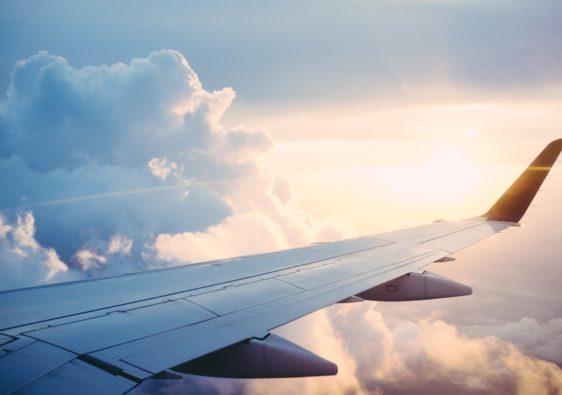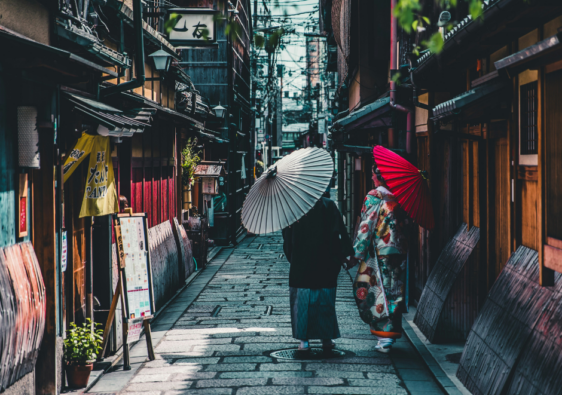It’s the question that everyone is asking, when can we get on a plane and jet off to discover a new destination? The travel ban has hit at a particularly weird time for us given that we now have a baby to worry about. Given that this is now the longest I’ve gone without traveling in … about 10 years, I’m itching as much as anyone to get away.
A day doesn’t go by where I’m reading some sort of news about the future of the travel industry. Things flip from doom and gloom to hopeful optimism constantly. It’s hard to know what to believe and who to trust with this information. As Europe begins to open itself back up, travelers all over the world seem to be waiting and watching in anticipation.
Will flights skyrocket in price as planes book seats at half capacity?
Will there be insane sales as these same airlines look to gear back up and get any bookings they can from hesitant travelers?
Lufthansa’s CEO, Harry Hohmeist states “people want to and can travel again.” He’s not wrong, and to support the need Lufthansa will be operating at about 15-20% of their normal monthly flights for the month of June. I expect they this will be a test for them, and many other airlines, to see how consumers react.

How will travel change?
While many prefer to look towards the future optimistically, it’s hard not to assume that airline travel will look much different. In fact, many are anticipating that the age of cheap flights is very much behind us.
Governments will start to enforce strict regulations for airlines (like physically distancing passengers) that will be costly for the airlines, who in turn will pass that cost down to the consumer. It has been published by IATA that some airlines will be forced to raise their plane ticket price by 45-54% just to stay in operation.
Others are predicting that airline travel will take much longer than ever before. Airlines will be mandated (at least for the foreseeable future) to do things like temperature checks, enforce spaced out line-ups, disinfect planes, and possibly help to facilitate blood tests upon arrival to a destination.
I don’t know about you but I can imagine airlines like Ryanair or Easyjet are going to struggle with these new measures. If you’ve ever traveled on one of those planes you know how much of a cesspool they are compared to other carriers.
Some have predicted that carry-on luggage will no longer be allowed to prevent passengers from reaching over each other and to ensure luggage goes through sanitation processes before being loaded onto the plane.
An important note is that many insurance companies have stopped offering coverage for coronavirus should you contract it while abroad. I can’t imagine this will change anytime soon as they are preferring to put the onus on the tourist should they choose to travel. As always, be sure to understand the risks and what you are covered for in a worst-case scenario before traveling.

A preference for domestic travel
Not all of the news is bleak. With airlines and the aviation industry becoming expensive and timely, many travelers will prefer to travel domestically and road trips will likely make a comeback. Granted, our options in and around Toronto are somewhat limited but there are still some great options like Vermont, upstate New York, Montreal, Quebec City and of course our personal favourite Niagara-on-the-Lake.
Air Canada has begun to test a new method of domestic air travel by offering up their business class only airplanes. They have 3 planes that are typically dedicated to hockey teams that are, of course, not in use at the moment. The airline has stated that they will start offering flights between Toronto, Montreal and Ottawa on these fleets. While the price of the tickets will be more expensive than the typical economy flight, it will be cheaper than business (selling at a premium economy rate) and easier for the airline to adhere to social distancing rules.
Hotels and Airbnbs have started to implement new cleaning rules for visitors as well to help ease travel anxiety. I can only imagine remote destinations (ie cottages in Ontario) will be some of the first destinations to make a comeback in the post-coronavirus world.
I’ve already started seeing other travel bloggers I follow in the United Kingdom take advantage of the easy day trips from London. I’ll admit, I’m wildly jealous of them because there is so much more to discover and see within a short distance from London than there is from Toronto!
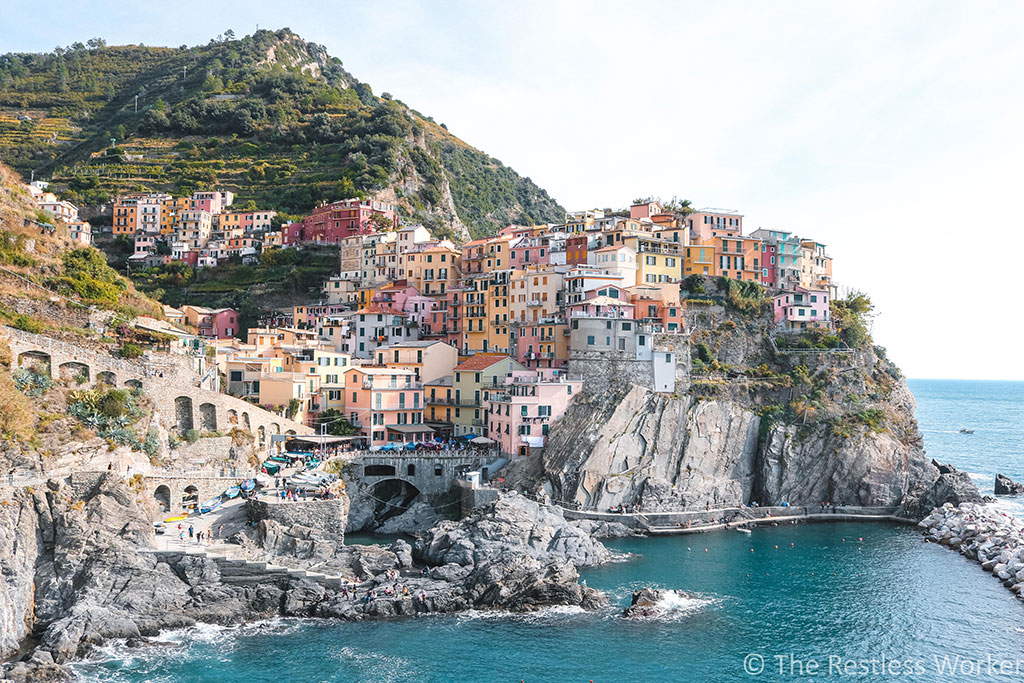
What about international travel?
Airlines all over the world are incredibly eager to get back into the swing of things and start filling up their planes. While some are taking more precaution than others, they all have the same goal in mind: get up off the ground and start flying.
Air Canada has already started testing out the demand for international travel this summer by offering flights to 97 destinations (this is down from 220 the year prior). The airline anticipates having more flights up and running by the end of July by offering flights to the U.S., Caribbean, South America, Europe and Pacific regions.
The most important question out of all of this however is when countries will start to reopen their borders. Currently Canada has closed its borders to international travelers until the end of June. Many countries have started to implement 14-day mandatory quarantine restrictions. While you would be free to venture around once that period is over, many tourists will be deterred by such strict guidelines and the heavy cost of staying in a hotel or Airbnb for 2 weeks (or a government-mandated accommodation).
Some countries have begun testing visitors upon arrival. While some governments are still enforcing a quarantine period despite the test outcome, some will let you carry-on if your test comes back negative. The question is, is it worth the risk?
Another interesting initiative some countries are taking are ‘travel bubbles’ where they allow free movement between a partner country. Australia and New Zealand are in the midst of discussing this as a strategy given that both have fairly low numbers in cases and deaths. Greater China (China, Macau, Hong Kong and Taiwan) has also flirted with the idea of starting a travel bubble between them.
St. Lucia has devised a phased approach plan to allow visitors from the United States into their country but they must present a certificate of a negative coronavirus test. The test needs to be taken within 48 hours of travel. They will likely also be subject to certain screening processes upon arrival as well.
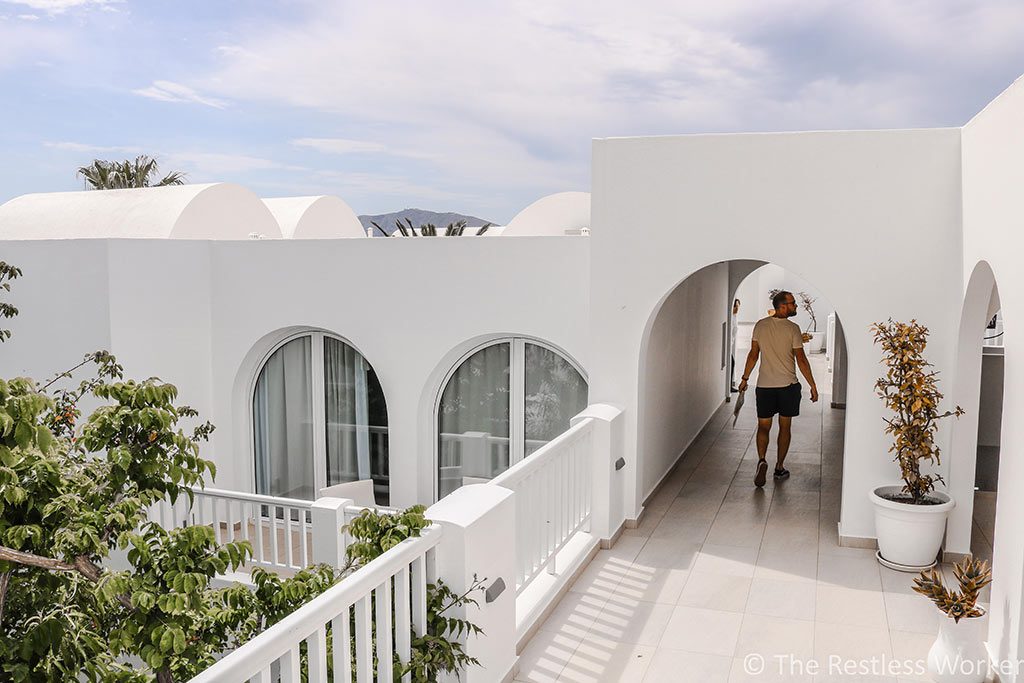
Where should I stay?
While hotels and Airbnbs have started to open up to accept travelers, you should consider a few factors first. Hotels can be busy with many different tourists coming in and out of the facilities. It’s probably not recommended to be booking a hotel room in a large chain anytime soon. While we prefer to stay in boutique hotels, even these can be very large and pose a risk at contracting the virus.
Airbnbs, VRBOs or home stays are likely the more preferred option as there is much less risk contracting something given there are much fewer people coming in and out of the building. Be sure to reach out to your host before arriving to ask them what their coronavirus health history has been and the methods they have been taking to ensure their place is clean for guests.
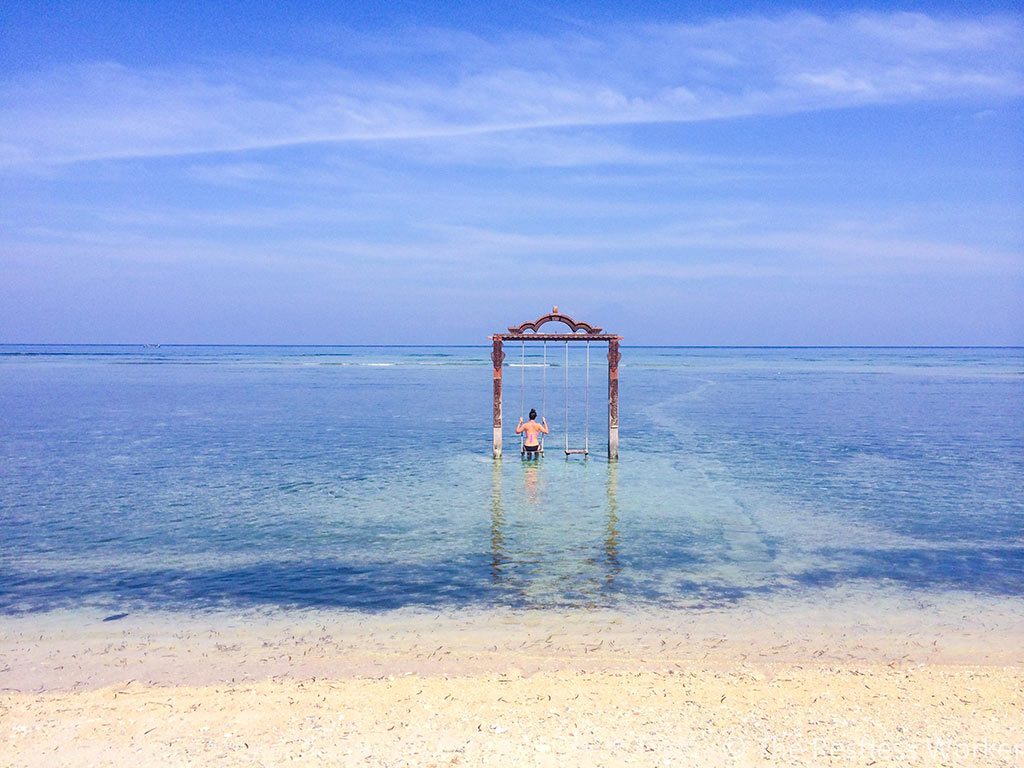
When should I buy a plane ticket?
There are three things you need to consider before buying a flight: your risk-level, your health and government sanctions on the other end.
While the temptation is probably there (I’ve been checking flights almost every day for 2 weeks now), the best course of action is to give it a bit more time if you can afford to wait. Any flights leaving in the next month are likely to be expensive and flights leaving after that are at risk of being canceled if things change.
My recommendation would be to book a flight with an airline that is offering lax rules due to the pandemic. Many airlines are offering a free one-time change fee for those affected. If this does happen to you, it’s best to book your second flight much further out to risk the same thing happening again and you losing your ticket or having to pay the change fees.
Whatever you choose to do, just make sure you know the rules and risks before you book a flight. We were lucky having booked a flight to Australia through Aeroplan months ago as they allowed us to cancel, get all of our money and points back no problem. It was a huge relief and obviously saved us … basically all of the points I had been building up for over 2 years.
At the end of the day, it’s really up to you and your government on when and where you can start traveling again. There is hope as many countries (Greece and Italy for example) are itching to welcome tourists again. Not to mention how many thousands of travel companies are waiting on pins and needles until they can start offering their services again. In the meantime, take advantage of places close to home and exploring your own backyard.

